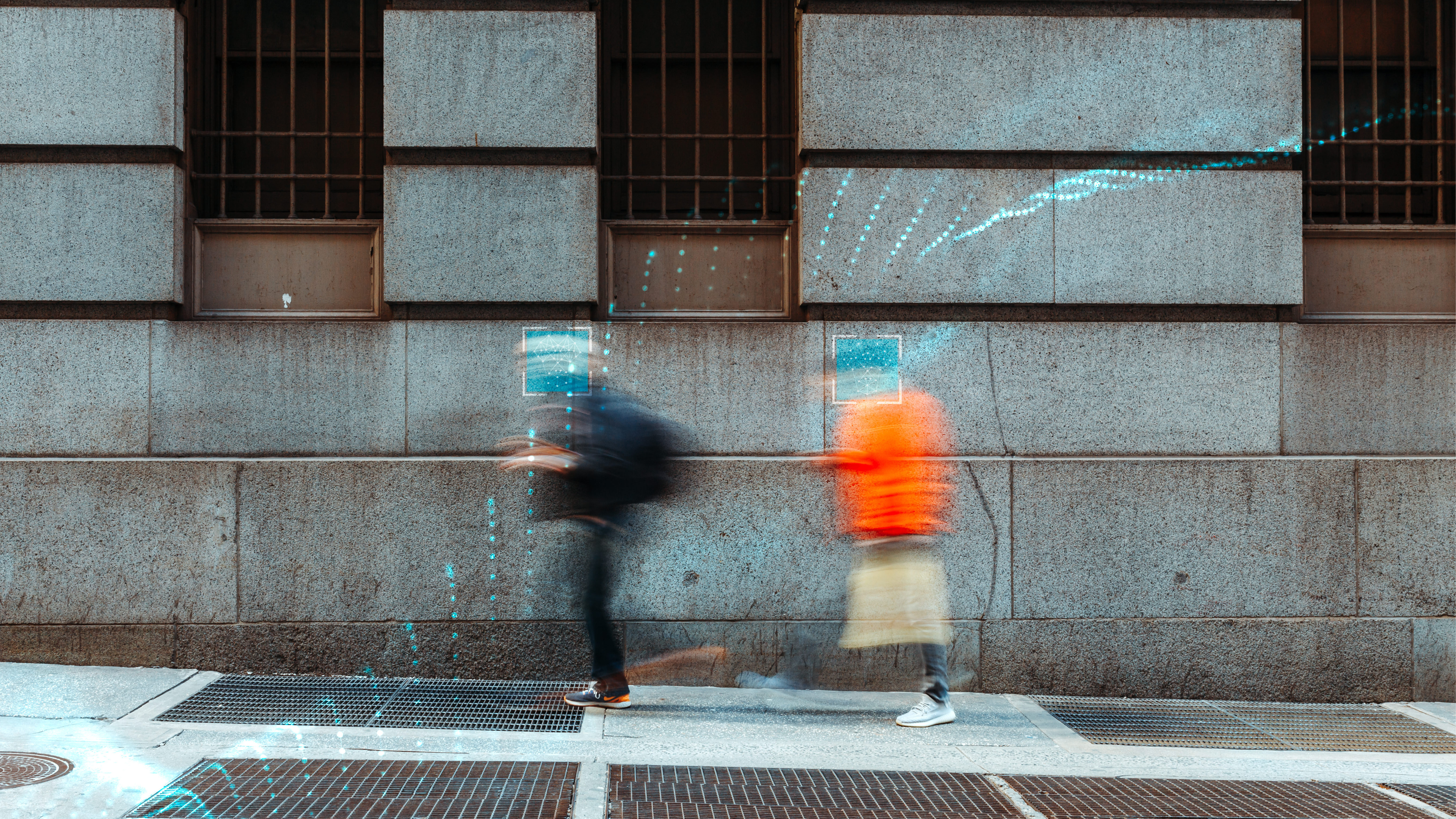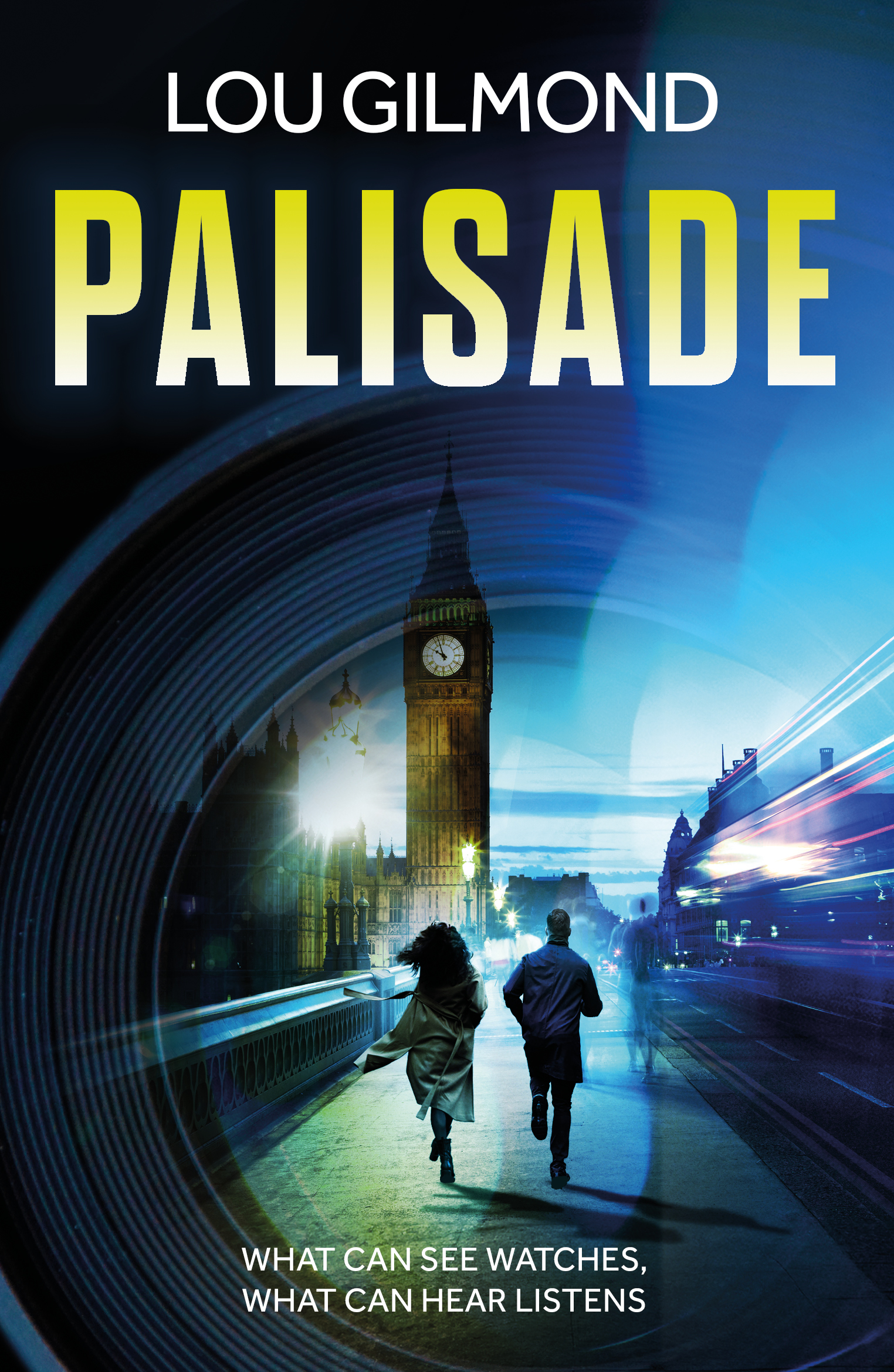It would never be possible for a human, or a group of humans to listen to all the conversations picked up by smart devices across the UK or watch all the feeds coming from a nation’s worth of CCTV cameras – but with enough processing power, an AI (or Artificial Intelligence) system could do it.
In the case of CCTV cameras with LFR capabilities, let’s face it, we’re already there.
It was just two years ago that OpenAI wowed the world with its new search engine, the AI bot called ChatGPT. It can not only find answers from the internet like Google does, but can also write emails and essays, create marketing strategies, summarise documents, and give the user tailor made travel itineraries.
Since it was launched, a dozen new AI engines have come to the market or been announced which specialise in a range of what we would previously have considered to be human skills: face, voice and image recognition, carrying out conversations in writing and vocally, and creatively generating graphic images.
Soon there will also be AI programs offering their services as virtual assistants, lawyers, accountants, as well as driving cars and delivering packages by drone. There will be listening devices waiting to help us or serve us, everywhere we turn – in shops, in the work place, in our homes, in crowds and in public spaces.
Soon, like Winston Smith, in George Orwell’s novel 1984, we will need to flee into a forest or hide in a corner of our bedrooms to get a bit of privacy.
Advertising helps fund Big Issue’s mission to end poverty
The fast development of wearable tech and security systems coincides with rapid advances in AI capabilities. The two technologies spur each other on, advancement in AI based facial and voice recognition pushing forward the development of products that use face and voice recognition.
Eric Schmidt, the previous CEO of Google once said that “high tech runs three-times faster than normal businesses. And the government runs three-times slower than normal businesses.” Here we have two sectors that are moving on a pace, that when combined could create quite a scary world. Are our regulators keeping up? Or are they complicit in sliding us into a dystopian surveillance state?
In the UK there is a natural tension between the Home Office which allows the police to use LRF to search for wanted criminals and the Information Commissioner’s Office, ICO, whose role is to protect our right to privacy. The police now use live facial recognition cameras with AI capability to scan crowds at sporting events to search for certain individuals and the technology has also been used by police in high streets in two towns in Essex.
The UK is a member of the European Convention on Human Rights, and under it the UK’s citizens have a right to privacy from government interference. The question of whether the rapid development of cameras with facial recognition, and the use of LFR by the UK’s police is a breach of that right to privacy has been gaining traction in parliament.
Two weeks ago a debate was raised to consider the issue in the House of Commons, including considerations as to whether such systems carried inherent bias. One of the questions asked repeatedly by MPs was why this was the first time the issue had been debated when the systems in question were already in place and being used on a regular basis. But by this point, the Home Office was able to evidence several hundred successful arrests made due to the new technology, suggesting the loss of privacy, without permission was all worth it.
As with much of technological development these days, it seems that products are rolled out and regulators struggle to come after and put the genie back in the bottle.
Advertising helps fund Big Issue’s mission to end poverty
In the thrillers that I write, the UK is sliding into an Orwellian dystopia, with the state conspiring with a big tech organisation. Hooked into a multitude of listening and watching devices that have escalated around the nation’s unwitting citizens – listening cameras, phones, watches, smart devices, delivery drones, self-driving cars, doorbells – the government uses AI to monitor and control them. They watch them, listen to them, track them, and nudge them into acting in certain ways. And for those in opposition, the world has become a difficult place to live in.
People tell me my books are terrifying. I think it’s because, if we take a moment to consider, to look up from our beloved gadgets, our time-saving devices, our virtual assistants, the security systems we surround ourselves with to keep us safe, it’s not too hard to see the path that we might already be on.
Palisade by Lou Gilmond is out now (Armillary Books, £9.99). You can buy it from the Big Issue shop on bookshop.org, which helps to support Big Issue and independent bookshops.
Do you have a story to tell or opinions to share about this? Get in touch and tell us more. This Christmas, you can make a lasting change on a vendor’s life. Buy a magazine from your local vendor in the street every week. If you can’t reach them, buy a Vendor Support Kit.






